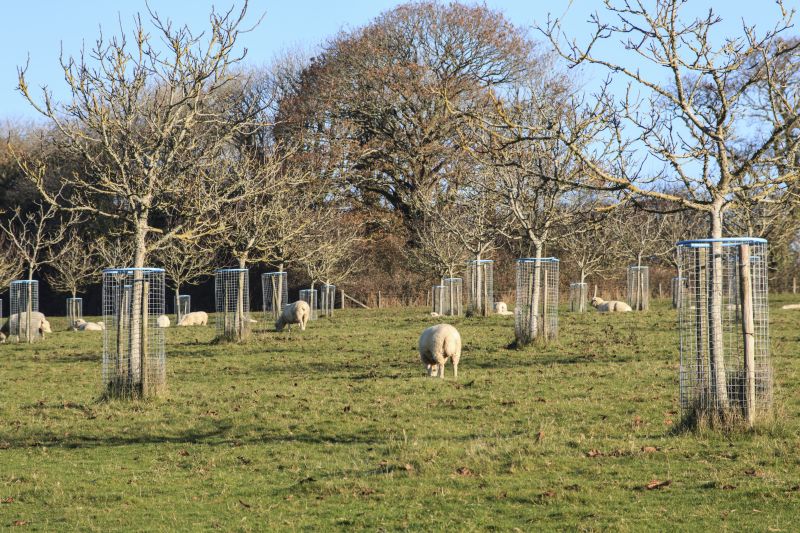
A new scheme which creates private markets for ecosystem services in a bid to fund farmers' work in improving the environment could be expanded to include carbon reduction.
The Natural Infrastructure Scheme (NIS), a model devised by the National Trust and Green Alliance, has been proposed for services such as flood prevention and water quality improvement, and is due to be trialled in Cumbria.
A new report released on Wednesday (27 February) shows that carbon reduction could be added to the package of services offered in NIS.
This could help the UK meet its carbon targets and provide a new source of funding for farmers and land managers, it says.
Land use is becoming a significant focus in the effort to reduce carbon across the economy, with agriculture accounting for about ten per cent of UK emissions.
The Committee on Climate Change is currently preparing advice for the government on setting a net zero carbon target for the UK.
But the report's analysis suggests that new government policy will be needed, specifically targeting the farming and land use sectors to achieve this.
'Game changer'
By changing land management through practices such as planting cover crops or trees, farmers and land managers can reduce their carbon emissions, the report highlights.
However, making these changes can be expensive. The analysis suggests that, in most circumstances current funding arrangements mean tree planting, peat restoration and changes to agricultural management are not financially attractive.
But new government policy to strengthen demand for carbon credits from these services could be a 'game changer'.
The report proposes that a new Farming and Soil Carbon Code, building on existing carbon credit schemes for woodland and peatland restoration, would mean UK farmers and land managers could sell carbon credits alongside other environmental benefits as part of a Natural Infrastructure Scheme, making many more environmental projects viable.
'Financially-rewarded'
Patrick Begg, of National Trust, said farmers should be financially rewarded for helping the UK meet its long-term ambitions on climate change.
“Our latest research shows that by “stacking up” these climate change benefits alongside improvements to water quality and better flood management, farmers can benefit through new Natural Infrastructure Schemes which unlock money from the private sector.
“But we need government to get behind this, including by acting as a buyer of services themselves, and also backing new carbon credit schemes,” he said.
